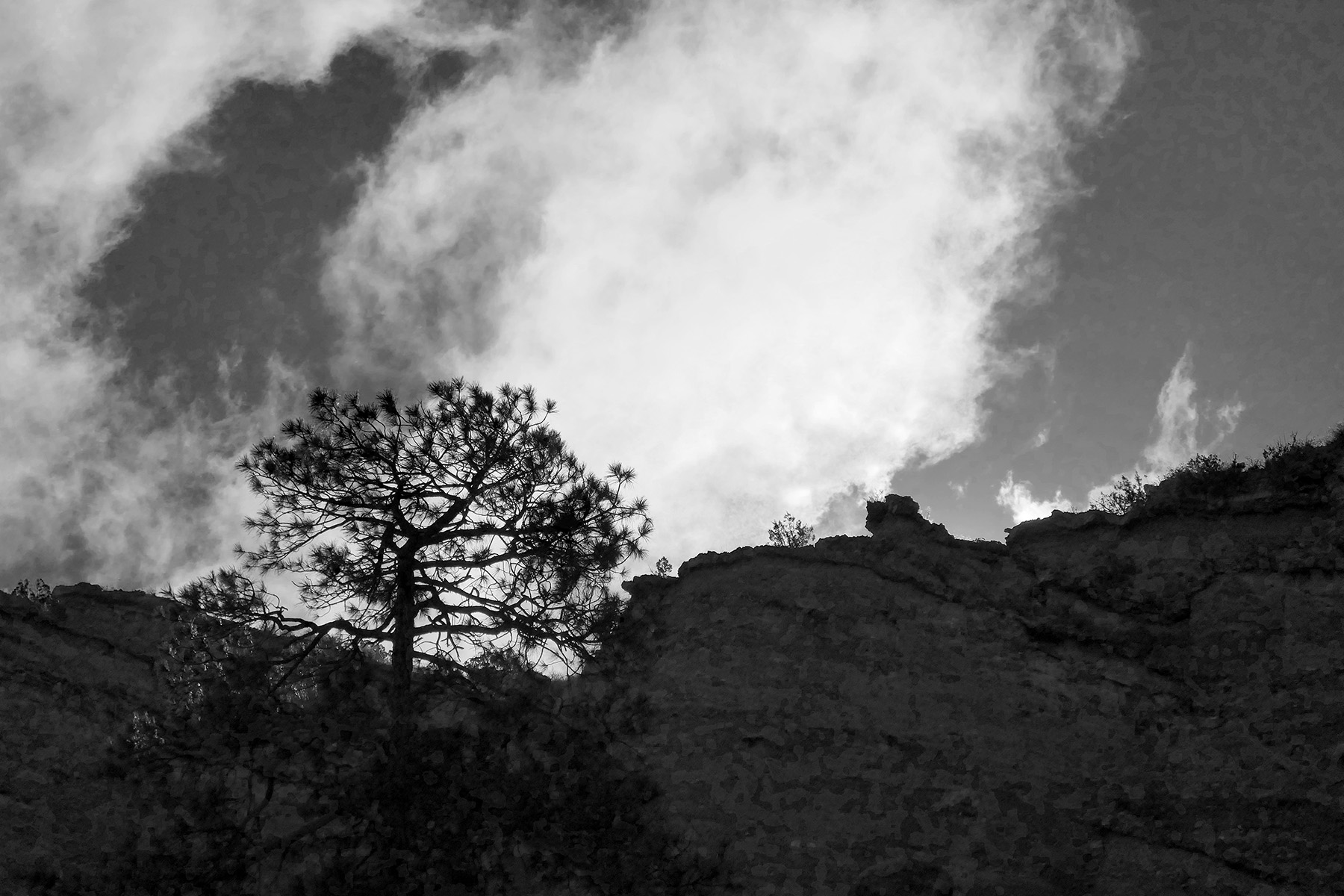All I can do is to recommend something as I write this on Earth Day – but, oh, do I hope you take me at my word and make some time this weekend to check out this essay from BBC Future. The article is devoted to a discussion of how we can handle our emotions regarding climate change and all the dangers it implies. Although it centers around ecological grief and anxiety, I believe that its teachings can be easily transferred to other kinds of traumas we are dealing with, the experience of living in a pandemic-struck world included.

At its core is the question how we can avoid denial, disavowal or paralysis when exposed to a barrage of fear-inducing news, since these reactions prevent us from taking needed steps to tackle the issues. How can you integrate climate anxiety – not a pathology but an appropriate reaction to what we have learned about the likely future of our planet – into your life and the ways to live it without letting it suffocate everything? How do you make decisions – many young couples, for example, worry about starting a family – during times of emotional upheaval?

The authors, Rachel Clissold, Ross Westoby and Karen E McNamara, guide us through ways that trauma has been handled by traditional peoples across history as well as in contemporary settings. They focus on connectivity, stillness and contemplation, insights about the amount of time it might take to approach healing and how social connections help process our emotions. Each of these topics is presented with lots of information on how those processes work or have worked for groups of people in the past who experienced existential threat and upheaval.



One of the facts that certainly registered with me is that taking small steps, even if they seem utterly futile for the larger picture, does provide a sense of agency that dampens the more negative emotions. You don’t have to become an activist, or invent a weather machine or start living in a plastic-free cave (should these still exist) to find some form of healing. Not into biking? Going vegetarian? Stop buying clothes before you’ve worn out the old ones? There are always alternative steps. Start taking shorter showers…

In any case, if you’re not up for reading, then watch the documentary (currently on Netflix) that is introduced in the beginning of the piece: My Octopus Teacher will lift you up.


Photographs today are from New Mexico where indigenous tribes, nations and pueblos knew how to live in unison with nature for centuries before colonial ravagers arrived. The images were taken on an early morning solo hike at the Kasha-Katuwe National Monument exactly 2 years ago. I wrote about the history of the place here.

Here is the view you are rewarded with when you make it to the top.

And here is today’s (sort of) musical contribution of someone who makes a difference.

